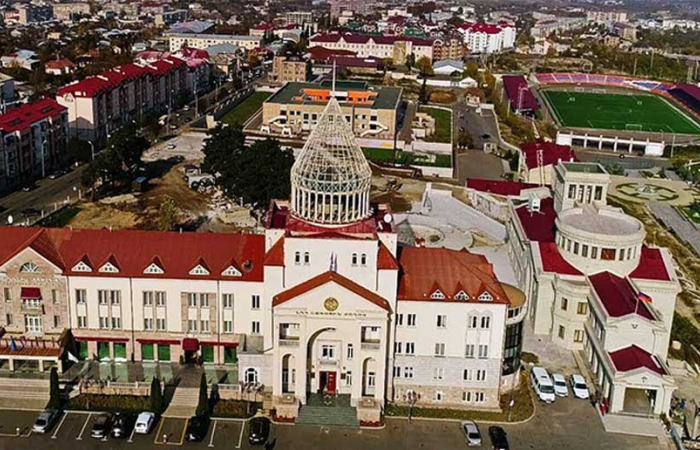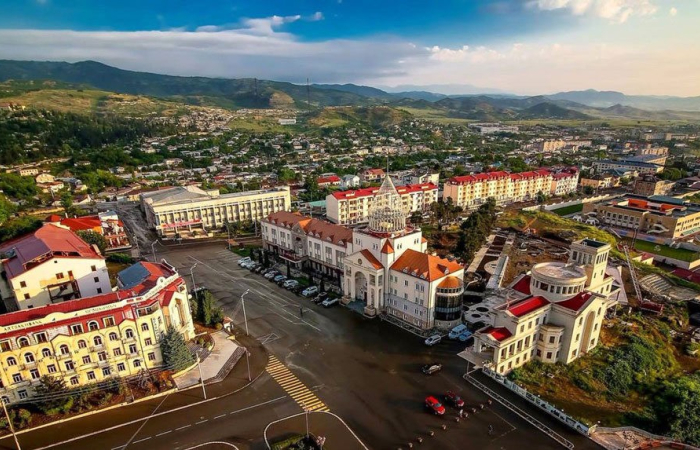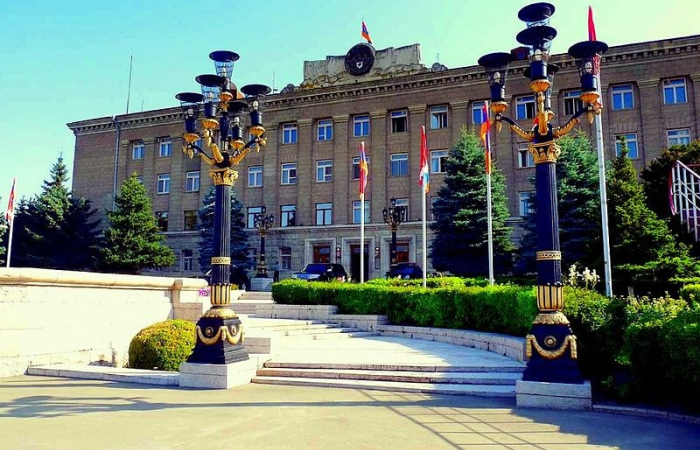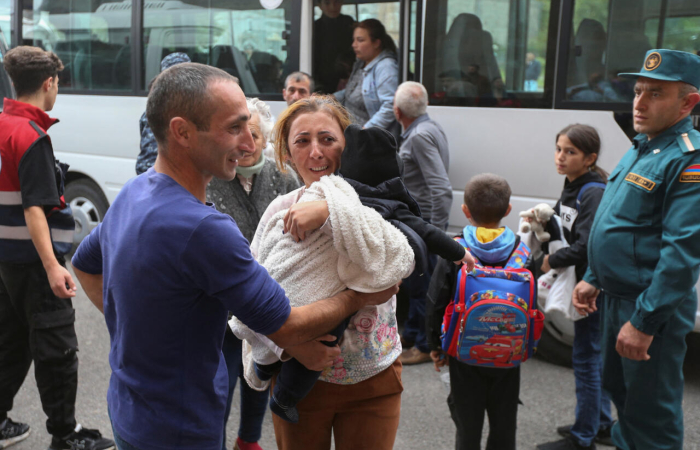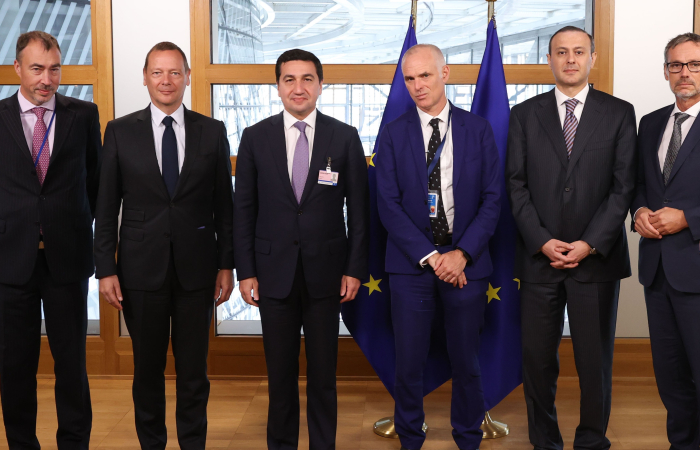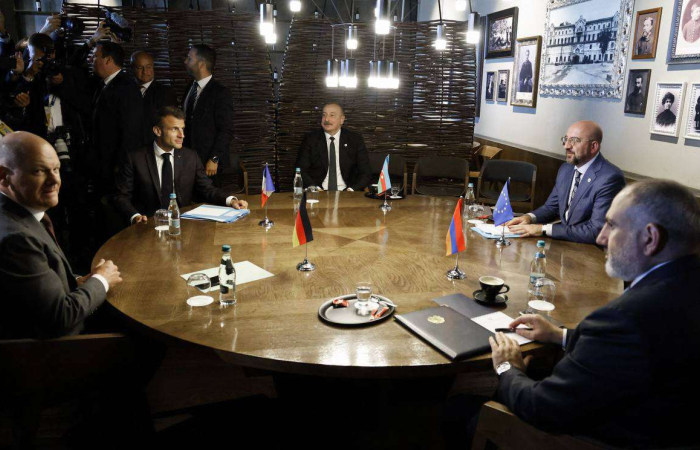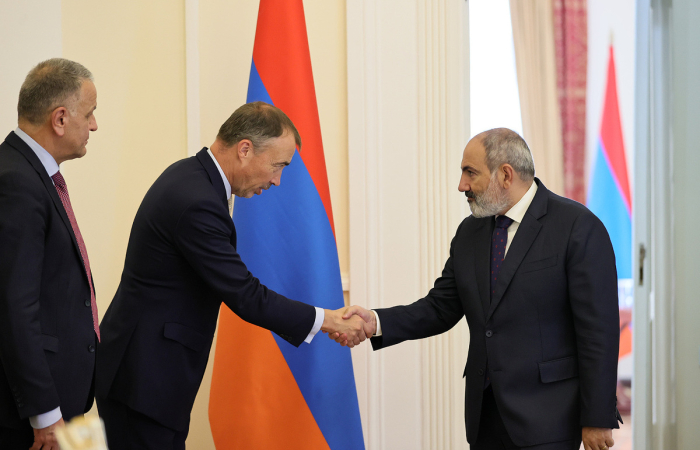Trending
Opinion: How will the destruction of NKR impact the Armenia-Azerbaijan peace process?
30 September 2023
Azerbaijan's destruction by force of the self-declared Nagorno Karabakh Republic is seen by some as removing one of the key obstacles in the negotiations between Armenia and Azerbaijan, that will resume in the next days in Granada, Spain. Others however see the elimination of the Karabakh factor as opening the way for Azerbaijan to make even more demands on Armenia, writes Benyamin Poghosyan in this op-ed for commonspace.eu.
"It is challenging to assess whether peace between Armenia and Azerbaijan is within reach. However, one thing is clear: the second humiliation of Armenia within three years has already triggered significant backlash among Armenians. Many are still in shock, which is why Yerevan witnessed only small protests recently. However, many Armenians are fed up with permanent losses, and there is a growing feeling that Armenia, in the long–term perspective, should become stronger to reclaim its position in the region. In the current environment, any attack of Azerbaijan against Armenia, regardless of pretexts or reasons, will only strengthen this feeling among Armenians and will be a direct path to long-term instability and conflicts in the South Caucasus", he argues.



